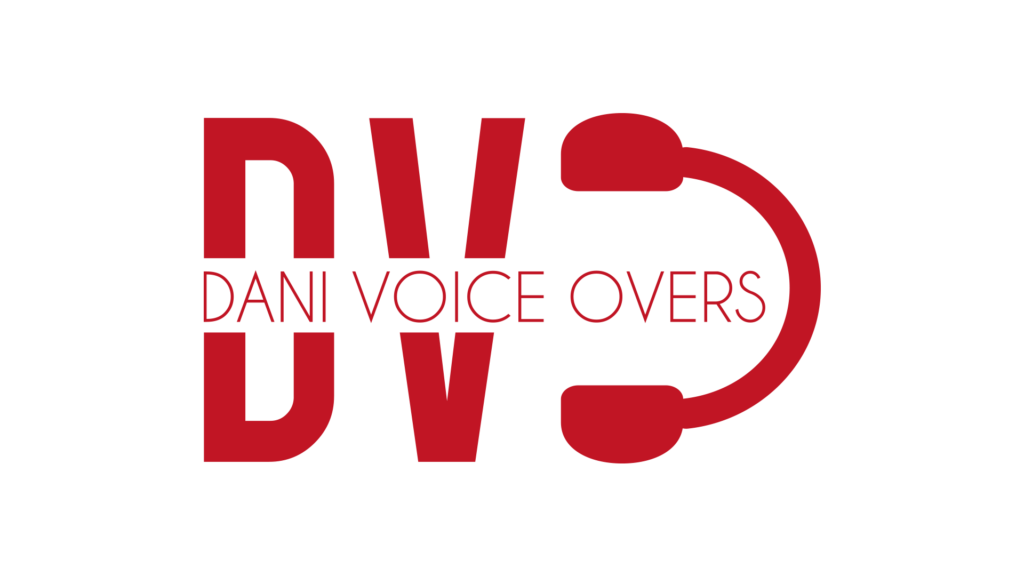
Home » Dubbing. Speech Patterns and Tempos in Different Languages
Dubbing. Speech Patterns and Tempos in Different Languages. When you are planning to have something dubbed in different languages, you need to take this into consideration: while you may be saying the exact same thing in different languages, each language is different – not only in the obvious ways, such words, sentence structure and even script, but also in their speech patterns and speed.
If you need lip-synced voiceover in different languages, the translated content needs to be adjusted to match the original in length and tempo.
Dubbing. Speech Patterns and Tempos in Different LanguagesThis can be done via several methods:
1. Translation can be adapted. When translating to certain languages, for example, English to Arabic, Japanese, Romance or Slavic languages, the resulting translation is often significantly longer than the original. The translation can be shortened to fix this issue, but sometimes the result is not ideal.
2. Voice over can be sped up. You can ask the voice talent to rush their narration a bit to match the original content, and they can speed up their speech to a point. This is not highly recommended, since the speech speed of the voice artist is usually representative of the natural flow of the target language… but if push comes to shove…
3. Video editing can save the day. When a voice over track goes beyond the timeline marked by the footage, the latter can sometimes be slowed down, or additional footage can be added to lengthen the sequences and thus make the necessary room for the new voice over track without sacrificing script content or speeding up the voice over’s natural speech tempo.
All in all, it’s kind of a per-case-basic- kind of dilemma, and one yet may need to put some thought into when requesting voice over for dubbing of content.
If you haven’t checked our previous DVO Lab videos, this is the time. It will help you have a better understanding of what is a voiceover.


